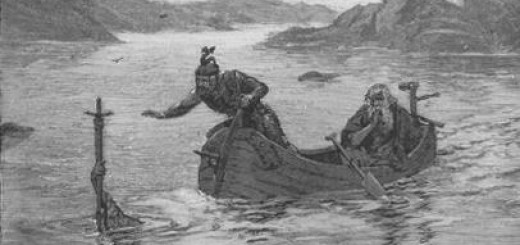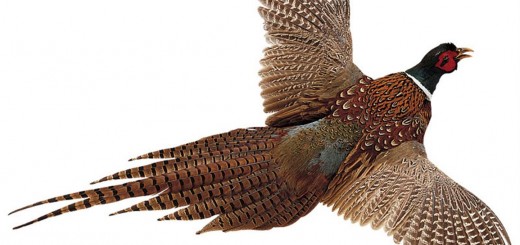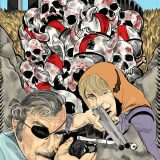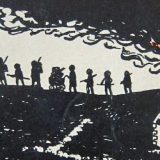Carmaliot will have an heir
The day-bed had been set up with its head against the wall, between the two high windows. Sir Donald lay with cushions propping him; beyond his bed on one side he could see his leather-topped desk, on the other a cheerful blaze in the hearth. On a chair at the foot of the bed sat Lady Bedivere. 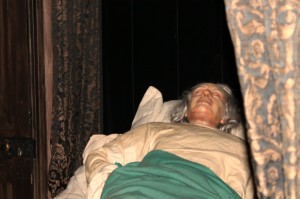 Of their two faces I saw the greater alteration in hers. The paralysis which had seized on Sir Donald had only graven more deeply the lines of immobile calm which had been his usual expression. Now her face, which had smiled so constantly, was as fixed and blank as his, the more solemn for the heaviness of her features. She glanced up as we came in: no more than that. Michael spoke to her, saying he had brought me to see his father. She nodded, but made no reply. I did not know, and never would, if she had been privy to the plots her sons had laid against me. It did not matter. A mother in the chief degree makes her sons, and she had fashioned hers badly, either by intent or indifference. Now one was banished, one dead. Whatever blame was attributable to her, her state was pitiable. Sir Donald, even in his helplessness, was luckier. Whatever bitterness he might know, it was not like hers. He had lived for his dream, and his dream remained, embodied in the two figures who stood beside his bed. ‘She is well, Father,’ Michael said, ‘as you c-can see. Quite well.’ The still face looked at me, unable to make response. Michael had brought me here, I saw, as reassurance; in case the old man, not seeing me, might think me lost still, or dead. He would not have him tormented by uncertainty. He went on: ‘All is well. We shall be married, as you wished, and Carmaliot will have an heir.’
Of their two faces I saw the greater alteration in hers. The paralysis which had seized on Sir Donald had only graven more deeply the lines of immobile calm which had been his usual expression. Now her face, which had smiled so constantly, was as fixed and blank as his, the more solemn for the heaviness of her features. She glanced up as we came in: no more than that. Michael spoke to her, saying he had brought me to see his father. She nodded, but made no reply. I did not know, and never would, if she had been privy to the plots her sons had laid against me. It did not matter. A mother in the chief degree makes her sons, and she had fashioned hers badly, either by intent or indifference. Now one was banished, one dead. Whatever blame was attributable to her, her state was pitiable. Sir Donald, even in his helplessness, was luckier. Whatever bitterness he might know, it was not like hers. He had lived for his dream, and his dream remained, embodied in the two figures who stood beside his bed. ‘She is well, Father,’ Michael said, ‘as you c-can see. Quite well.’ The still face looked at me, unable to make response. Michael had brought me here, I saw, as reassurance; in case the old man, not seeing me, might think me lost still, or dead. He would not have him tormented by uncertainty. He went on: ‘All is well. We shall be married, as you wished, and Carmaliot will have an heir.’
